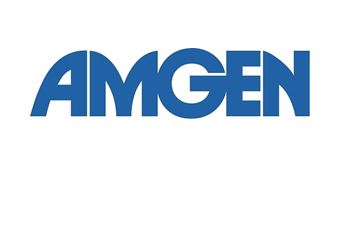Amgen's cancer biosimilars stay on US market as court battle with Roche ends

Amgen has scored yet another home run in the US courts, this time seeing off a legal challenge from Genentech, which was trying to block it from launching two cut-price cancer biosimilars.
The companies filed documents in the US District Court in Delaware outlining a settlement that will allow Amgen to continue selling biosimilars of Herceptin (trastuzumab) and Avastin (bevacizumab), two of the Roche unit's biggest-selling cancer drugs.
According to the documents the parties have mutually agreed to voluntarily dismiss all claims and counterclaims with prejudice.
The settlements came following two recent decisions from the US Court of Appeals for the Federal Circuit.
In March the appeals court affirmed a lower court’s decision last year allowing Amgen to continue marketing its Herceptin biosimilar, which is branded as Kanjinti.
Earlier this week the appeals court backed another lower court decision allowing Amgen to market its biosimilar Mvasi.
Amgen launched its biosimilars immediately after the two decisions denying injunctions and restraining orders from Genentech that blocked them from being marketed.
Last week Amgen managed to see off a separate legal challenge from Sandoz, winning the latest round in a legal tussle preventing launch of a biosimilar to its own blockbuster inflammatory diseases drug Enbrel.
Enbrel is Amgen’s biggest-selling drug and the company has patents protecting it until 2029, more than 30 years after its first approval, which so far seem to be watertight.
It has been a busy week for Genentech’s legal team too, which is trying to block Samsung Bioepis from launching a cheaper version of cancer drug Avastin.
Unable to fend off Amgen’s lawyers, California-based Genentech lodged a complaint with the Delaware district court claiming Samsung Bioepis infringed 14 patents by filing its Avastin biosimilar known as SB8 in November.
Avastin generated revenues of more than $7 billion in 2019, with US sales accounting for more than $3 billion.
If approved by the FDA, SB8 will be marketed by South Korea-based Samsung’s partner, Merck & Co.













